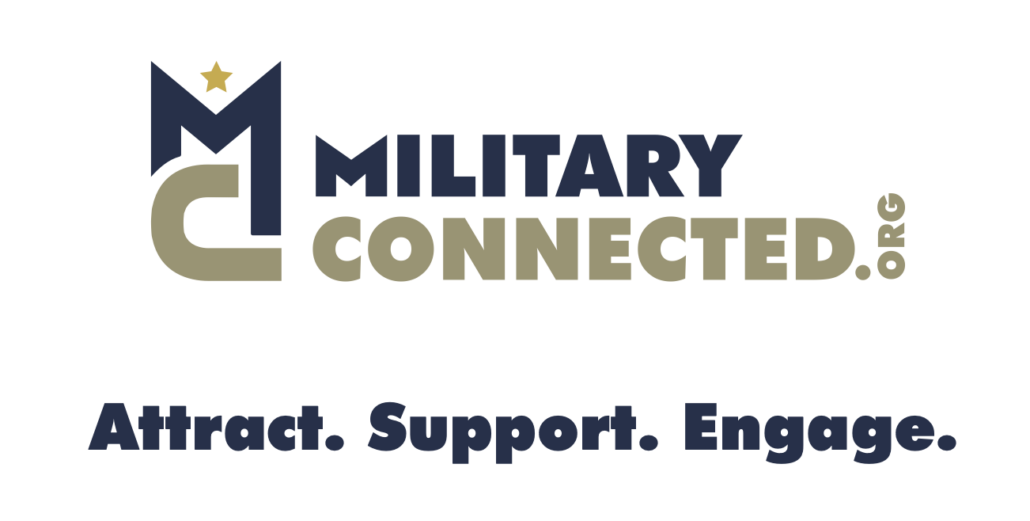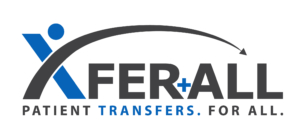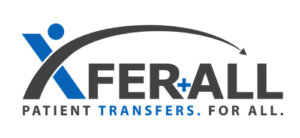La District of Columbia Hospital Association lavora per far progredire gli ospedali e i sistemi sanitari del distretto promuovendo politiche e iniziative che rafforzino il nostro sistema di assistenza.
Rimani connesso
Iscriviti alle comunicazioni settimanali di DCHA News

MAPPA DEL SITO
POSIZIONE
1152 15a strada
Suite 900
Washington DC
20005





